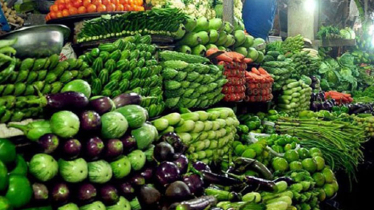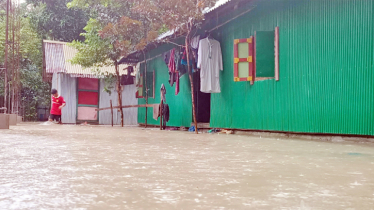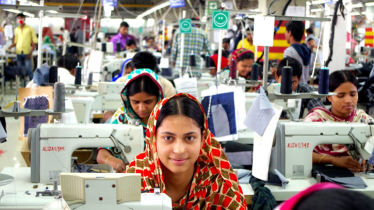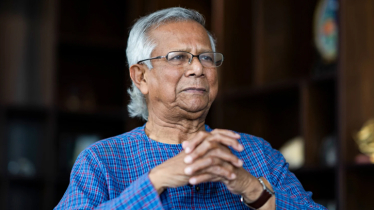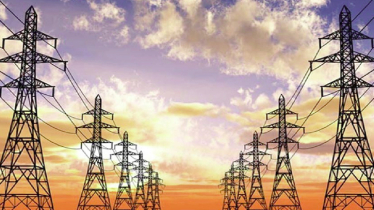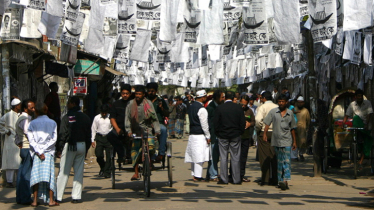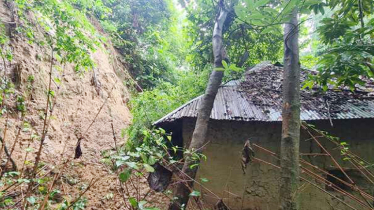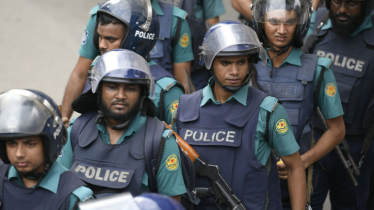
Photo : Collected
The public transport sector is plagued with corruption. The extortionists annually milk Taka 10.59 billion (Taka 1,059 crore) from private public transport all over Bangladesh.
Anti-Corruption organisation Transparency International Bangladesh (TIB) in damning research findings on Tuesday claims the Taka 1,059 crore was a "very conservative estimate" and that the real figure could be many times more.
TIB study says the estimation of extortion is a conservative figure 92 per cent of the country’s largest bus companies are owned by politicians and 80 per cent are the ruling party. Politicians are literally in the management of the public transport business.
In the breakdown of the distribution of the booty collected as bribes and tolls from the bus operators, Taka 900.59 crore went to BRTA officials for services annually. Taka 24.97 crore went to people with political clout to keep them in good humour, Taka 33.48 crore went to workers of city corporations and municipalities and political leaders as protection money. Taka 87.57 crores went to traffic and highway police as hush-up funds, and Taka 12.76 crore went to transport owners' and workers' associations for worker welfare funds.
Nearly 89 per cent of private buses in the capital Dhaka and the metropolis Chattogram pay bribes to law enforcement to avoid traffic violation penalties, non-fitness vehicles on the road, avoid requisition of buses and plying outside the approved route permit.
An estimated Taka 50 lakh is siphoned off every day from private buses and other modes of passenger transport through a complex web of extortion syndicates.
During the change of regime in a political see-saw of Awami League, Jatiya Party and Bangladesh Nationalist Party, the extortionists never had dark days, except for the military rules the goons lazed low for few months.
The extortionists enjoy impunity due to political connection with nexus with law enforcement agencies and transport associations.
Since the transport sector is under politician’s control, the extortion money is also controlled by them. The funds raised from extortionists are efficiently distributed to stakeholders and reach the top echelons of the government, said the anti-graft watchdog.
Transport operators are burdened by rising fuel prices and extortion demands, and lose interest in modernising their transport fleets. Passengers are left to contend with a dwindling number of ageing, often unserviceable buses. Thus the workers are not beneficial, nor do the passengers get expected services.
The study found the government hapless in implementing the laws, guidelines, and policies framed by the government. The owners’ and workers’ organisations having ruling party clouts appear to be the biggest obstacle.
Indeed the transport sector remains a hostage especially because of the political clout. As a result, the passengers are not receiving the expected service either.
Messenger/Fameema

